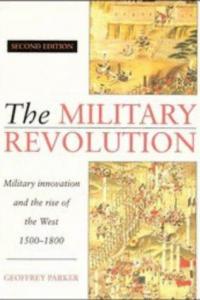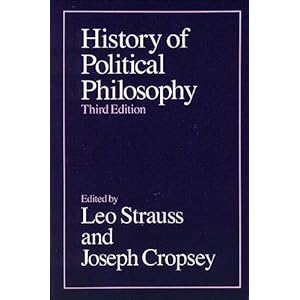New Books





Picked up some new books during the holidays…..
Socrates: Ironist and Moral Philosopher by Gregory Vlastos
I just finished two books on Socrates, I.F. Stone‘s The Trial of Socrates and Socrates: A Man for Our Times by Paul Johnson, about which I am in the process of writing a lengthy post. Despite the many divergences between the books and their authors, both relied upon and recommended the scholarship of the late Gregory Vlastos, with Johnson specifically citing this analytic biography for high praise.
The Military Revolution: Military Innovation and the Rise of the West by Geoffrey Parker
Military historian Geoffrey Parker published this important book back when I was an undergraduate ( he was teaching at the University of Illinois at the time) and I recall reading it in the library when I was supposed to be researching Anglo-American WWII diplomacy with the Salazar regime instead. I consider it a “must have” text for those interested in strategy and military affairs and…now I have a copy.
Antifragile: Things that Gain From Disorder by Nassim Nicholas Taleb
One of the “must read” books for 2013. I watched Taleb kick around some of the concepts in Antifragile on his Facebook page and then observed friends like co-blogger Scott Shipman and Dr. Terry Barnhart comment as they started reading shortly after the book’s release. There are many things in Antifragile (including, it seems, a fair piece on the epistemic deficiencies of Socrates) and this is a book to read with care – not least because I intuitively agree with a number of Taleb’s arguments which means reading with a critical eye will require more effort.
Makers: The New Industrial Revolution by Chris Anderson
This book is somewhat outside the norm for me. Anderson is the former editor-in-chief of WIRED and the author of The Long Tail, which is a book you should read if you don’t understand what a Pareto curve explains and economically could imply in the real world. Makers is about the desktop manufacturing revolution that many see emerging, such as blogfriend John Robb, that could have economy-shaking effects (provided vested interests do not effectively strangle this revolution in it’s crib).
The History of Political Philosophy by Leo Strauss and Joseph Cropsey
The long deceased and formerly obscure University of Chicago political philosopher Leo Strauss was elevated in the past decade in parts of the American Left into a bizarre kind of mystical bogeyman figure. An imperialist ghost who orchestrated the invasion of Iraq from beyond the grave and from whose cranium the Neoconservatives were born, fully grown and armed with think tank sinecures and contracts with FOXnews. Strauss was none of those things but he was a respected scholar in the Chicago tradition; this weighty tome of a book received a further endorsement from Lexington Green, which tipped the scales for me.



January 2nd, 2013 at 5:25 pm
Yeah, whenever my more Lib’rul friends bring up their bemused shock at what a Bond Villain the non-literate Right Wing has inflated George Soros into, I cannot help but remind them of their own Straussphobia Breakout. This reminder usually results in a conversation that indicates they haven’t yet recovered.
.
(Still, I do think Alinskyphobia is even more bizarre, as mental conditions go.)
January 3rd, 2013 at 2:29 am
Hi Justin,
There is a large emphasis on Alinsky in the right blogosphere/press. While Alinsky was something of a mentor figure to older Boomers who were Left activists in their youth, kind of like A.J. Muste was, he was also very much from a different era and I think with his focus on the dowtrodden would make him a poor fit with the causes of the UMC Harvard/Yale/Wall St. “progressives” of today. I also suspect that Alinsky would probably be partly proud and partly aghast at how his former protege Hillary turned out